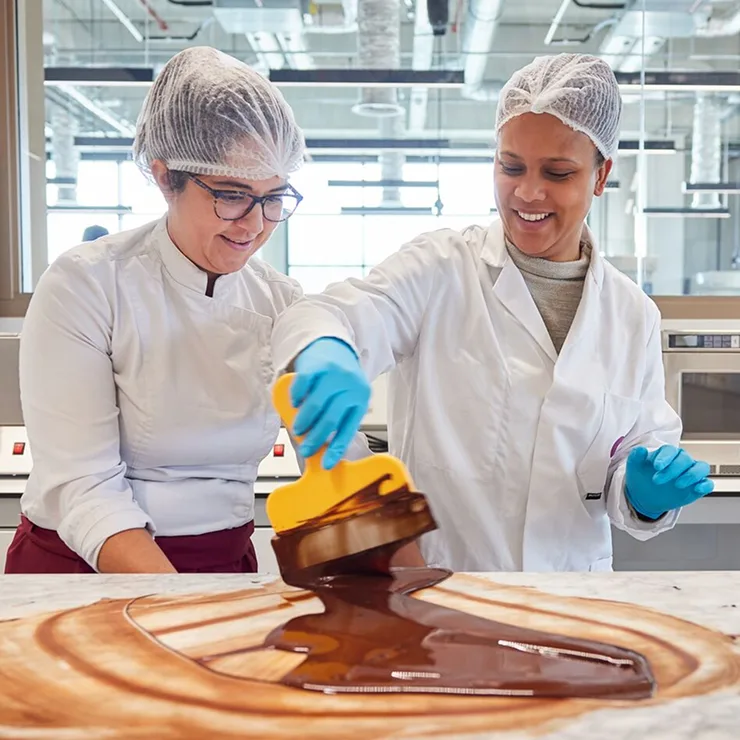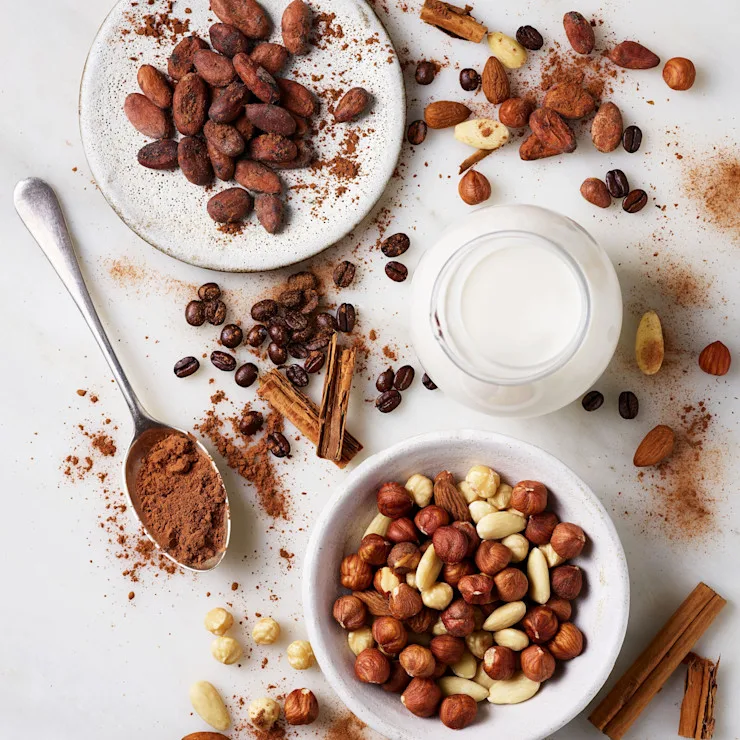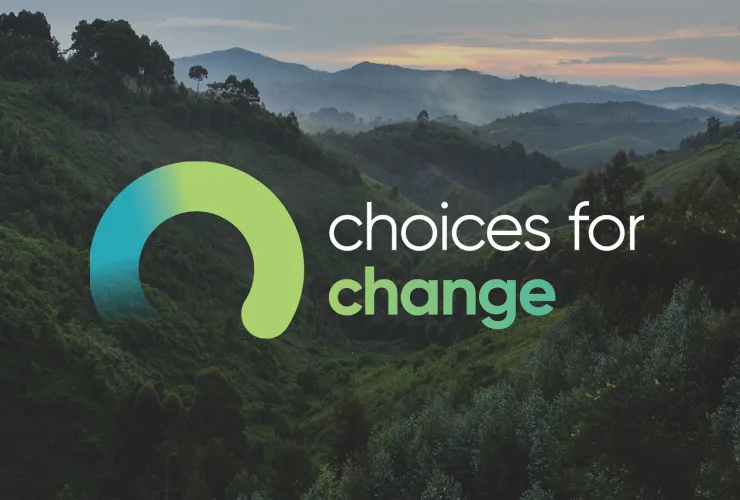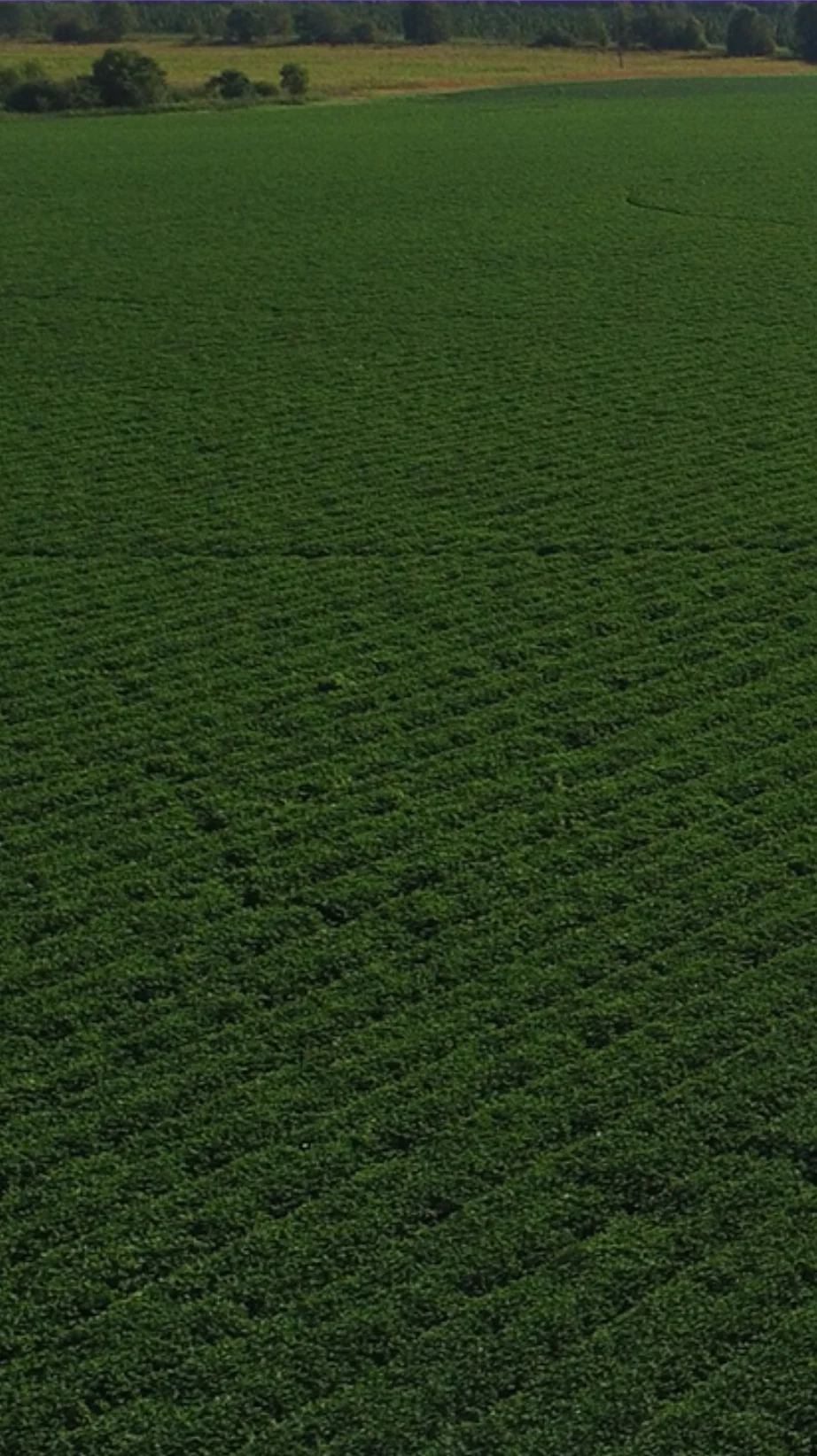Create the future
of food & beverages.
Scale with our
global supply.
With our global network of solution centers, backed by resilient ingredient supply chains, you can be the change for good food and a healthy future.

You need food and beverage solutions as unique as your brand. With our wide range of ingredients, technical expertise across our Customer Solutions Centers (CSC) worldwide, and global scale, we bring limitless possibilities for every new development. We partner with brands to help them stand out in their category. And there's plenty to choose from.

In an uncertain world, our resilient global supply chains mean you can get a consistent source of raw materials and processed ingredients—without compromising on quality, traceability or sustainability.

Sustainability
As sustainability experts embedded in farming communities, we offer our customers and partners the traceability, capability, insights and choices to drive positive change.


million
farmers (direct and indirect) sourced from*
+
manufacturing facilities*
customers*
* Numbers are subject to change
If you're looking for the latest updates and useful tips, we've got you covered with our regularly released ofi newsletter.
Please note, by subscribing, you agree to ofi’s privacy statement and consent to the collection and use of your data.
News & Events
Get the latest must-know news, stories, and insights across our industries.